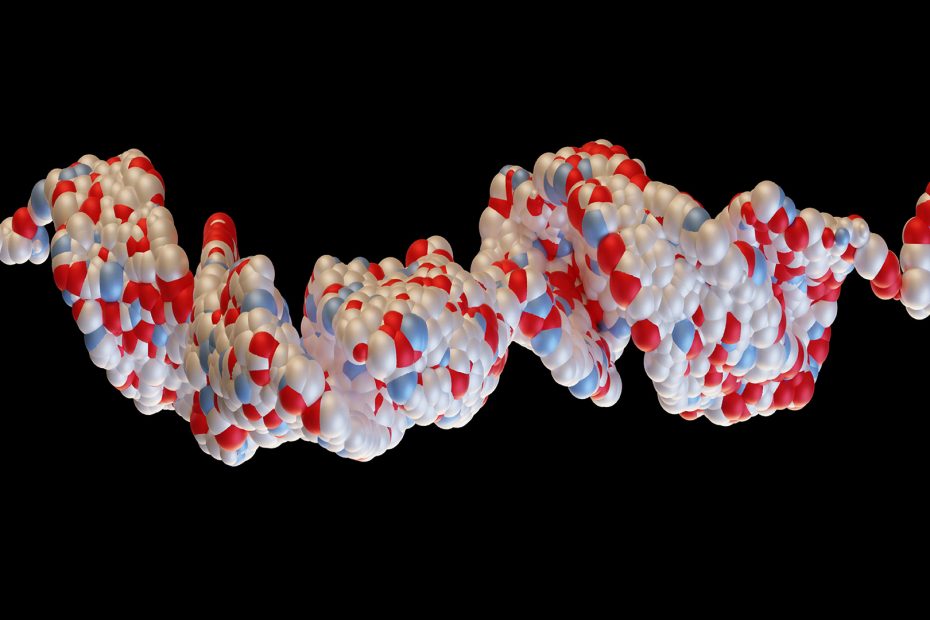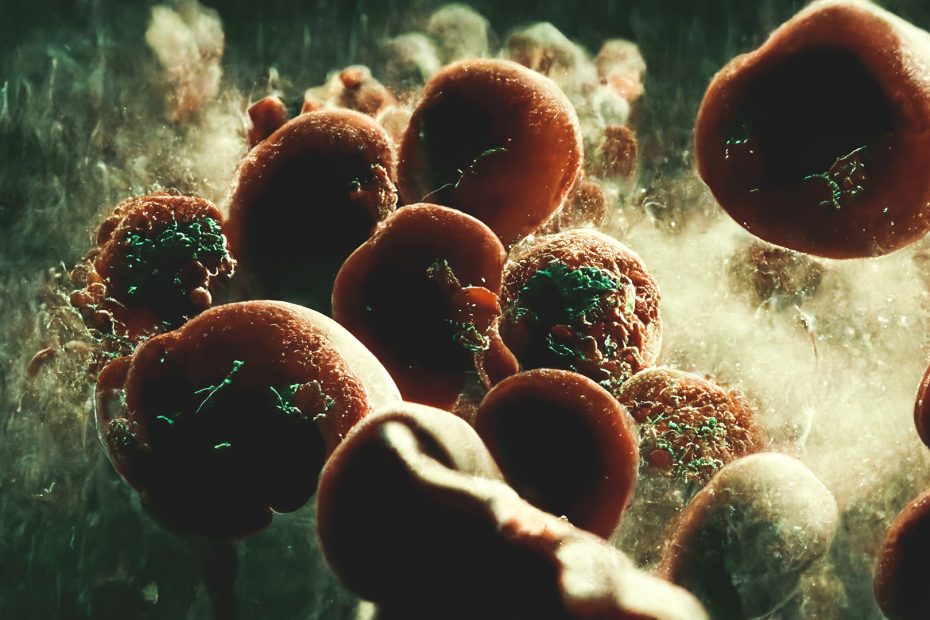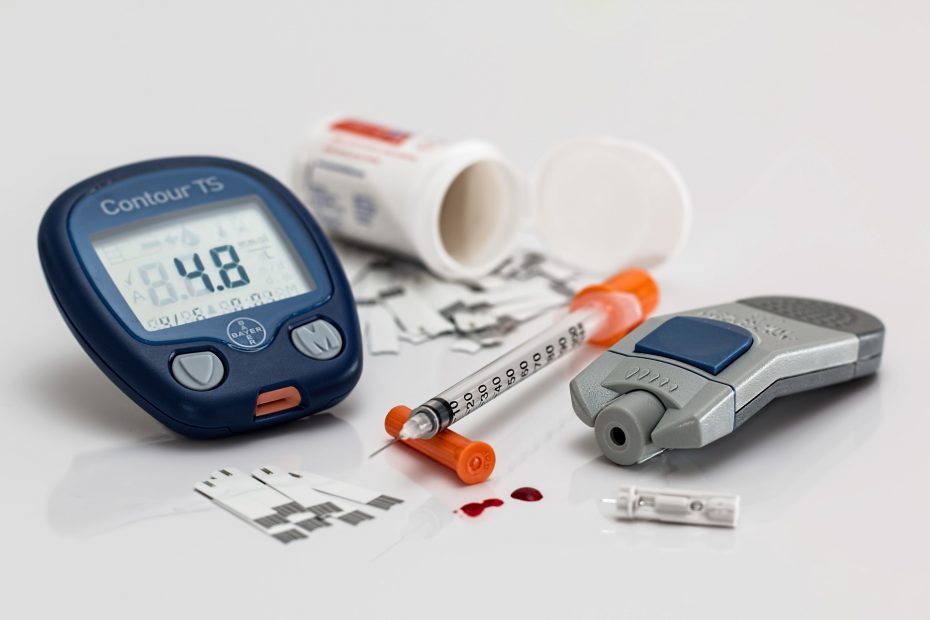Home / News
News
Latest posts
Glucagon-like peptide-1 (GLP-1) was the second incretin to be identified in 1983, with the first identified incretin being gastric inhibitory peptide (GIP), which inhibits the secretion of gastric...
The FoxO transcription factor family, comprising FoxO1, FoxO3, FoxO4, and FoxO6, is a remarkable group of proteins that receive and integrate various upstream signals to control the transcription of a...
Type 2 diabetes (T2DM) was once perceived as a disease of the elderly but is increasingly diagnosed in younger people. A study published in ‘The Lancet Diabetes & Endocrinology’...
Stage 0: At this stage, there are no risk factors for CKM, and the goal is to prevent CKM syndrome (incredibly unhealthy weight gain) by achieving and maintaining a healthy lifestyle. Stage 1: At this...
The value of VO2max largely depends on genetic predispositions. It decreases with age by about 7% (for women) to 10% (for men) per decade from around 25. Regular endurance training can significantly...
VO2 max is a parameter that measures the oxygen consumption by large muscle groups during maximum physical effort, such as running or cycling. According to the classic definition by Hill and Lupton in...
People spend up to one-third of their lives sleeping, yet the function of sleep remains a topic of intense debate. While evidence supports the role of sleep in processes such as learning, memory, and...
An adult should regularly get 7-9 hours of sleep each night. Regularly sleeping less than 7 hours is linked to various adverse health effects. Insufficient sleep is associated with weight gain and...
Atherosclerotic vascular disease is a chronic condition that develops due to complex interactions of genetic, environmental, and lifestyle factors. Epidemiological data indicate that cardiovascular...
Sirtuins are a family of proteins that play critical roles in regulating cellular health and longevity. They are known for their involvement in epigenetic regulation, meaning they can modify gene...
In 2021, the European Society of Cardiology published guidelines on preventing cardiovascular diseases. The main risk factors included smoking, high blood pressure, diabetes, and high levels of...
Focusing on improving and maintaining cardiovascular health can help you enjoy a longer, healthier life. Better cardiovascular health is associated with a lower risk of heart diseases, including heart...
- 1
- 2











